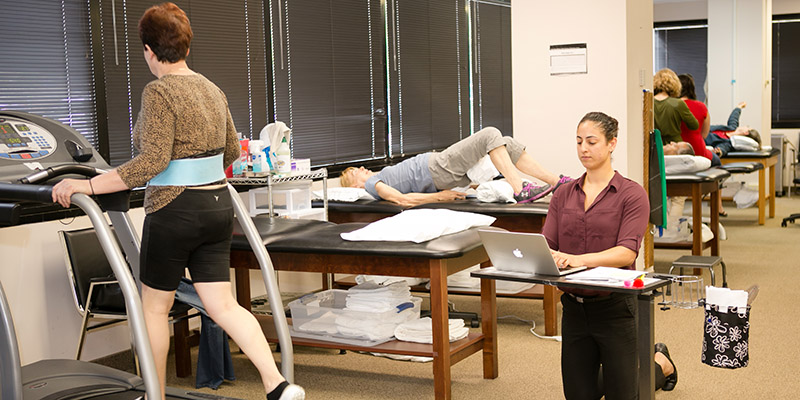
The Foundation for Physical Therapy Research, now celebrating its 40th anniversary, is one of the profession's leading supporters of key investigations into physical therapy: how and why it works, how policy and practice changes might support its wider use, and how patient outcomes can continue to improve.
One of the most important ways the Foundation fosters research is by helping student and newly emerging researchers pursue their interests. The Foundation's Promotion of Doctoral Studies (PODS) and New Investigator Fellowship Training Initiative (NIFTI) scholarships do just that—this year, by way of $310,000 in Fellowship and Postprofessional Doctoral Scholarships. APTA is the Foundation's Pinnacle Partner, whose contributions help to support PODS and NIFTI programs, among other Foundation initiatives.
In this post, we take a closer look at 3 postdoctoral students and the emerging investigator who received awards made possible through APTA's contributions to PODS and NIFTI—specifically, we wanted to find out more about their research, their views on the future of the profession, and what attracted them to physical therapy research.